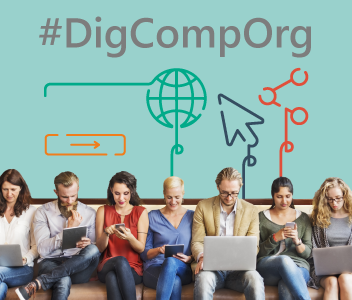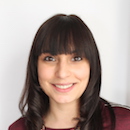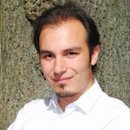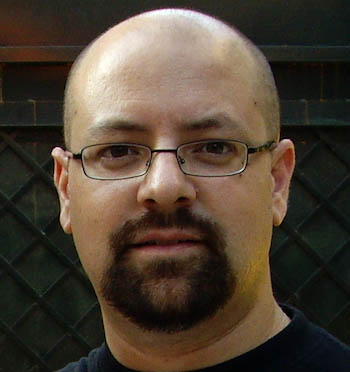
David Álvarez holds a Bachelor's Degree in Maths and he is an Expert in e-Learning. He has worked for eight years in the public administration, managing and coordinating innovation projects for Guadalinfo Network, such as the development of a Open Source Personal Learning Environments Management System. He is currently a Conecta13 member. You can find him on the Net as @balhisay. He writes in e-aprendizaje.es, and he likes jazz, podcasts, comics and cooking.
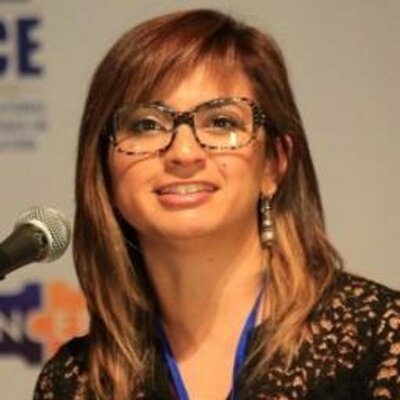
Linda Castañeda holds a degree in Pedagogy (University of Murcia) and a PhD in Educational Technology (University of Balearic Islands).Dr. Castañeda is an Associate Professor in the Department of Didactics and School Organization of the Faculty of Education at the University of Murcia. Also, she researches and writes things related to the impact of technology on the teaching and learning processes (publications), sometimes even telling them to someone (conferences). If you want to know more, she has the centre of their digital life on her website Linda Castañeda and her Twitter account (@lindacq).
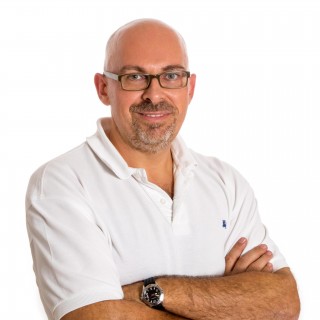
Fernando Trujillo holds a doctorate in English Philology and he’s a university professor in the Department of Didactics of Language and Literature. He teaches at the Faculty of Education, Economics and Technology of Ceuta (University of Granada). He has been Deputy Dean of Research and International Relations of this Faculty from 2000 to 2008 and he’s currently the head of the Didactics of Language and Literature Department in the same Faculty. He is a founding member of Conecta13. He writes in Trujillo|De estranjis.
